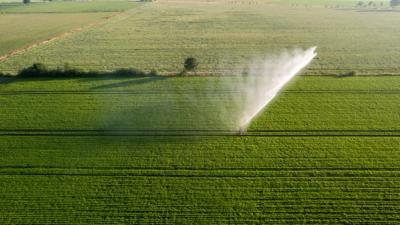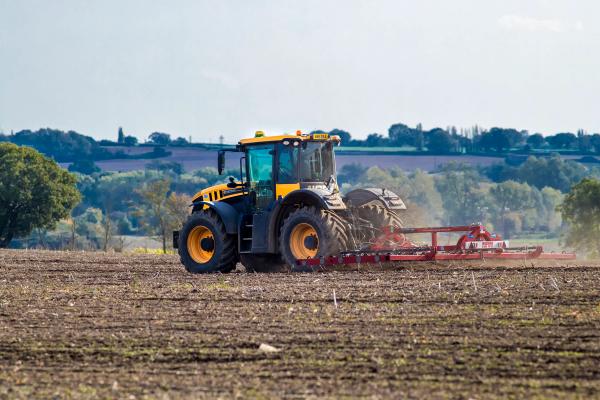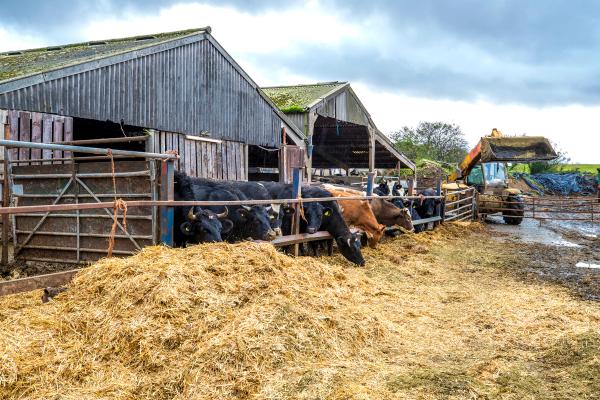Water and Food
The agriculture and horticulture industries in the County also need water to irrigate crops and plants. We have always relied here more on natural rainfall (or green water) than other countries across the world, but in Essex there are still 856 abstraction licences recorded for the primary reason of crop irrigation, and these account for consumption of 7Ml/d if their maximum allowance is used. Any changes to those licences will have an impact on the recipients’ water supply and the type and volume of goods they can produce. This in turn may lead to changes in employment if availability of local goods and services.

To successfully grow crops, fertilisers and manures need to be spread, and the soil also needs to be worked and disturbed throughout the year. Fertilisers contain nitrogen and phosphorus, and farm work can make soils less stable and vulnerable to erosion. These necessary agricultural practices are known to contribute to water quality challenges because fertilisers (containing nitrogen and phosphorus), along with soil and sediment from the land, move into the water environment through natural processes including heavy rainfall.
Pollution from agriculture and rural land use is responsible for around 40% of the reasons why water bodies fail good status in England, and 37% in Essex. Farming organisations and communities are aware of these challenges. Farming is a highly regulated industry, and there is an increase in priority for protecting water and nature. By working more closely with the industry and providing the appropriate support for and application of water management, there is opportunity for positive change.
The National Farmers Union (NFU) Integrated Water Management document promotes collaboration and innovation, along with more clarity, support, and funding for the farming industry to make changes. The Country Land and Business Association (CLA) have also published their Vision for Water 2023 supporting the sector. Essex Farm Cluster Groups have shown that there is already interest and effort ongoing by farmers and partners to protect water within local catchments. It is likely that winter and flood storage options for water supply will need to be supported, and features such as wetlands and reservoirs for this purpose will provide other benefits for carbon capture, wildlife, and wellbeing.

